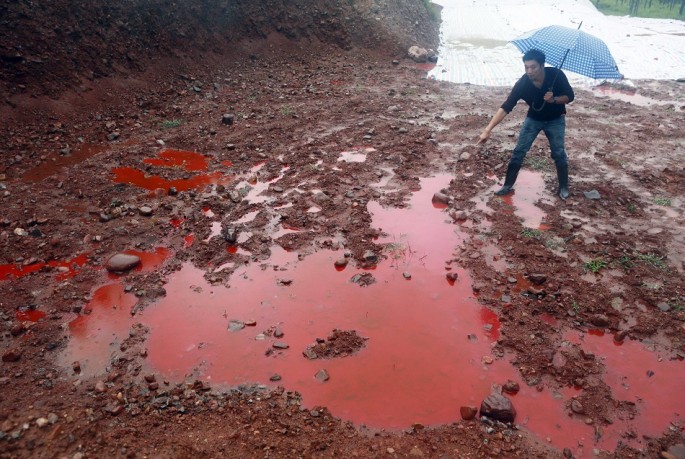The "Water Cellar for Mothers" project celebrated its 15th anniversary with a discussion on what the project achieved so far.
Held in Beijing on March 18, experts tackled the issue of drinking water safety in rural areas and disclosed the anticipated trends in the future.
The "Land of Love, Water Cellar for Mothers" project was created to meet the needs of the areas in Western China, where safe drinking water is scarce. These areas suffer from significant water shortages because of their poor natural and geographical situations.
Before the project, water was sourced through poorly constructed water pits not made of concrete, which would therefore lead to leakages and other problems.
The lack of safe water was a huge problem because it affected the agricultural livelihood of those in the rural areas. In addition, the health of those living in these areas was also compromised. Women and little kids were specially affected. Gynaecological disease as well as infant death rates burgeoned because of water problems.
With the project in place, the goal is not just to provide safe drinking water per se, but to also alleviate the poverty of those in the rural areas.
Under the project, water storage pits made of strong materials were built to collect rainwater. One water cellar measuring 36 cubic meters can already store up 80 cubit meters of rainwater, which is sufficient for a family of three to five people for a whole year. With two water cellars in place, farmers can already irrigate a plantation one acre big.
On its 15th anniversary, the project celebrates the achievement of building 139,000 cellars across 25 provinces. In addition, it also led to the creation of 1,670 small-scaled but intensive water supply projects, giving 2.5 million people a new lease on life because they now have access to clean and safe water.





















